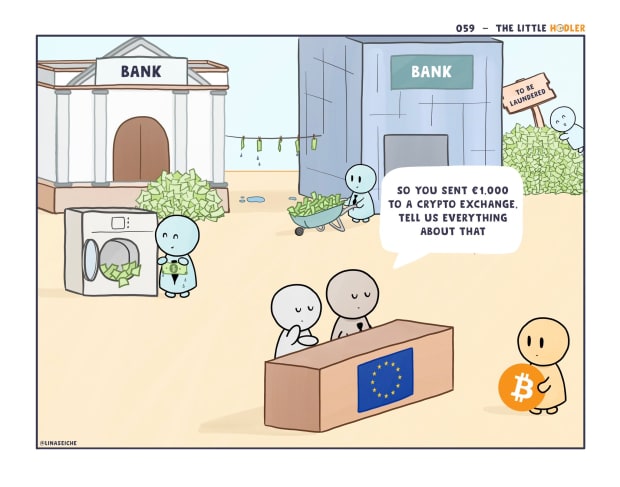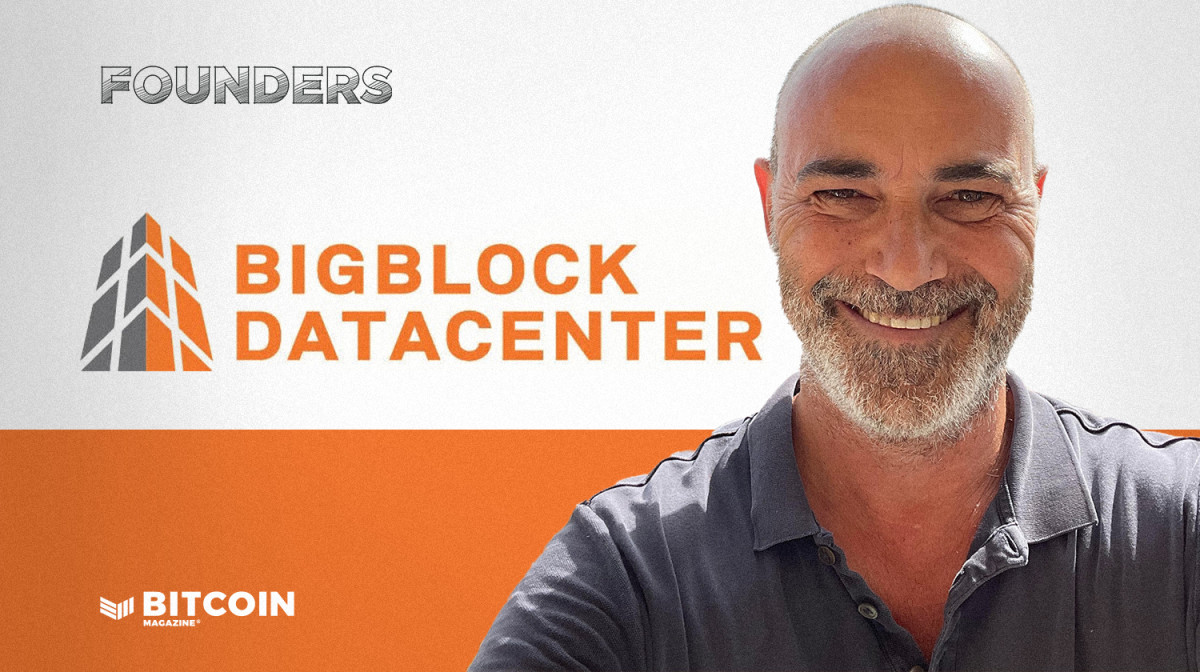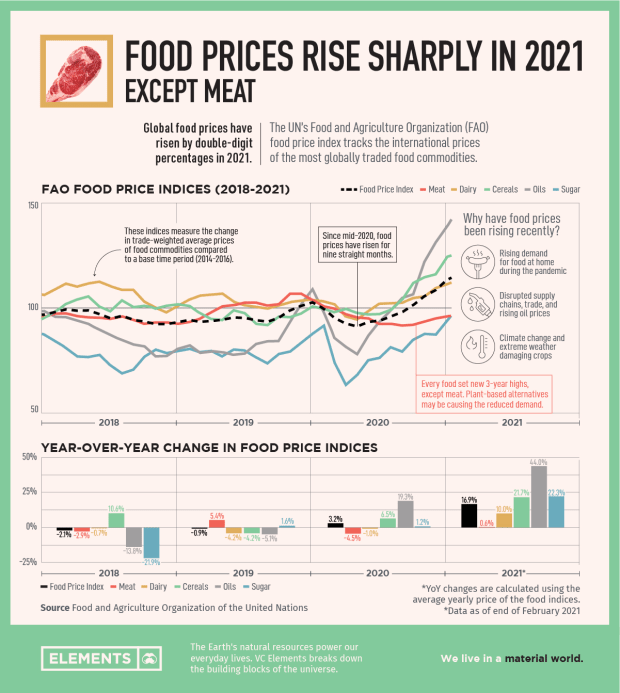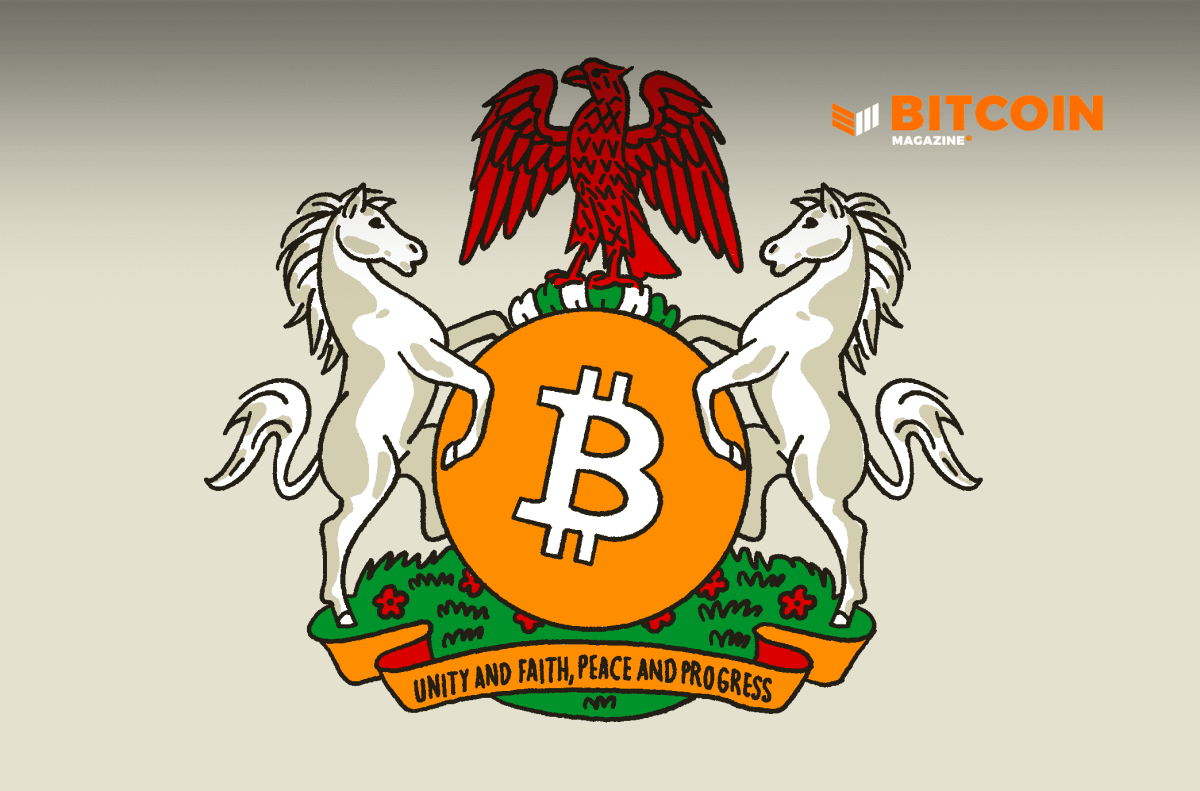Bitcoin Is Venice: What If You Knew The Renaissance Was Coming?
In the foreword to “Bitcoin Is Venice,” human rights advocate Alex Gladstein explains that Bitcoin is the foundation of a brighter future.

This is the first in a series of adapted excerpts from “Bitcoin Is Venice” by Allen Farrington and Sacha Meyers, which is available for purchase on Bitcoin Magazine’s store now.
The below is a direct excerpt from the book’s foreword, written by Alex Gladstein.
What if the year was 1400, and you stood at the brink of the Renaissance but didn’t know it? What if someone handed you a magical book that would explain what the coming Renaissance was, reveal the injustices and inefficiencies of the medieval system, and foretell why and how things would change in the coming decades?
What you have in your hands, dear reader, is a book that will do just this for you today, as we approach the Bitcoin Renaissance.
Humanity has potentially begun a historical transformation on par with the agricultural and industrial revolutions, and one with potentially even greater impact.
That may sound outlandish, but this book makes a compelling argument that it is, in fact, true. In the same way that medieval Venice set the stage for the peoples of Europe to break free of the empire and transition from serfdom to liberty, and from financial slavery to financial sovereignty, today the Bitcoin network is the path to escaping the broken and unsustainable post-1971 political economy.
In newspapers and on television we are told not to worry about inflation, that employment is more important than saving, and that we can own nothing and be happy. We should be satisfied, in other words, to work for those who own the assets, just as we watch their wealth continue to grow and concentrate, while we see the currency that we earn depreciate and see our way out of debt vanish.
This book is a stunning rejection of this emerging neo-feudalism and its administrators.
Over the past decade, governments, economists, and journalists have relentlessly hammered into the minds of their populations and audiences that Bitcoin is dangerous and risky. That it’s for criminals. That it’s a Ponzi scheme. That it’s destroying the planet.
Time, however, has shown that it has been dangerous and risky to not hold bitcoin, which has been, since inception, the best-performing financial asset in the world.
But against the facts, Bitcoin users are still routinely told by authorities that their choice — opting peacefully into a new, fair, and neutral monetary system — is wrong, immoral, or even treasonous.
The reality, as the authors of this book argue, is that the world financial system is a cruel labyrinth, and we’re all trapped inside, stuck in a situation where tomorrow is traded for today, where capital is strip-mined without consideration for the future, where our money is devalued by central planners, where our liberties are increasingly eroded, and where our behavior is spied on and used to engineer us to become more compliant and dependent.
Bitcoin fixes this and helps us escape but not by violence. It is “not a sword for Theseus to fight the Minotaur, but a thread to follow to exit the Labyrinth.”
And exit we shall. We, after all, owe the Minotaur nothing. Let the beast starve. We’ll find our own way out.
The way is through a new kind of Venice in cyberspace available to anyone in the world regardless of one’s wealth, class, race, religion, gender, nationality, or occupation. Where any of the billions with internet access can connect to this revolution, be a part of it, and even own a piece of it. That’s what makes this revolution so much different from the ones that came before. Whereas those achieved change through new hierarchical structures, Bitcoin will change the world through decentralization.
As more and more people begin to realize that Bitcoin is monetizing right in front of our eyes, creating an alternative to the degenerate, fiat capitalist system that we have been forced to partake in, we should feel no debt to the old regime of short-term thinking, top-down planning, consumption-driven spending, growth obsession, central banking, bailouts, rent-seeking, regulatory capture, toxic bigness, risk transfer, globalism, and financialization.
Instead, we should turn our eyes to a future of long-term thinking, peer-to-peer collaboration, open-source architecture, nurturing, replenishing, risk sharing, localism, and growing productive capital, where the farmer plants his seeds instead of eating them and enjoys many harvests to come.
To understand what’s coming, we need a guide. There could scarcely be one better than the book in your hands.
From the stunning realizations one receives when reading chapter three, “This Is Not Capitalism,” to the illumination provided by chapter five, “The Capital Strip Mine,” the authors accomplish something extraordinary in the chapters ahead.
These lucid and lively pages explore all the nooks and crannies of the impact Bitcoin will leave on the world, especially in regard to investing, communications, culture, energy use, environmental sustainability, and how we build our communities.
In the book’s crescendo, chapter six, “Bitcoin Is Venice,” we get a clarion call for a better future: more inclusive, less exploitative, filled with choice and reason and compassion. A financial system unrigged, with we, the people, at the controls. Digital gold, digital cash, and real property rights for all.
Perhaps you found it surprising that a human rights advocate was asked to write the foreword to a book about finance and economics. But read the book, and you’ll understand why I’ve been tasked with preparing you for this journey.
This isn’t simply about how money and finance works — though you’ll learn a lot about that along the way — it’s a book about how we can, and how we must, harness the power of Bitcoin to secure liberty in the electronic age.
Already as you read this there are tens of millions of people around the world who are peacefully opting into Bitcoin. Not just in dictatorships and broken economies, where 4.3 billion languish under authoritarians and 1.6 billion suffer under double- or triple-digit inflation, but in the West, too. Even the most hardened skeptics are admitting that yes, Bitcoin has a use case, somewhere.
But why? Why do, every day, more and more people exit the existing financial system into something new? This book explains the why: Individuals are leaving the old system of degenerate fiat capitalism, as the authors call it, as their money isn’t theirs, it’s someone else’s, and the real owners are abusing the money printer.
This book is a guide to the system-wide effects of what happens when the money printer keeps going, when a preposterous global debt-to-capital ratio steals value from future generations, and when value is stealthily transferred from the have-nots to the haves.
But it’s also, more importantly, an inspiring vision of a better money laying the foundation for a brighter future. As crazy as it may sound, the authors will explain why this is not just a dream and is something that can, and likely will — as the result of a beautiful incentive structure — be achieved. Most of the world just doesn’t know it yet.
I feel comfortable saying that this book will be vastly more appreciated in five years, ten years, and twenty years, then today.
It will age very well.
Everyone else will get to appreciate it in due time. Today, you get a sneak peek of the future.
Enjoy the ride.
This is a guest post by Alex Gladstein. Opinions expressed are entirely their own and do not necessarily reflect those of BTC Inc or Bitcoin Magazine.









